Glutton For Gastronomical Memoirs
A foodie's guide to reading whilst juggling a digestive system on the revenge.
I’m a young girl, maybe six or nine (typically with memories, it’s hard to know my exact age) and upon the dinner table sits a little red ramekin filled to the brim with small, plumpy shiny green olives, ripe for the picking as a pre-dinner amuse-bouche. I lick my lips and wishfully conclude this time will be different. My mouth salivating in anticipation as I pop one olive swiftly in. A devastating wash of sea tasting brine coats my tongue and despite the satisfying crisp crunch, I cannot stomach the taste and spit out the slimy culprit. But I’m not deterred; next time little olive, I will enjoy you.
Food means so much to me that I have been known to literally force feed myself foods I detest the taste of but so desperately wanted to like. Olives being one (coffee and tomatoes are among others) that I set out to train my taste buds to enjoy, starting with the greenest olive drenched in garlicky oil and paired with a raw bulb, and finally making my way up to always ensuring that at least a dozen hard black olives are scattered on top my margarita pizza. I am and have always been so crazy about food that it drives me to do crazy things just for the sake of eating.
And lately I’ve been thinking a lot about the importance if living to eat. Like a lot of Elder Millennial women, I’ve suffered with digestive pains and ‘stomach issues’, so lovingly named after barely a cursory investigation (and lack of interest in finding any other better answer) as IBS. Delightful. You can imagine my despair when the recommendation was to cut out high FODMAP foods, which after a quick google in the GP office my doctor informed me that first and foremost the two ingredients off the table were onions and garlic (which, in my opinion, are consequently the two key foods that turn just a few ingredients into a divine meal). It won’t surprise you to learn that I walked straight out with the blind stubbornness that I most certainly would not be following that diet. How could I possibly comprehend a dinner without the smell of garlic sizzling gently in olive oil, wafting through the house and threatening to sink into any fabric of clothing you happen to have left lying about. I can’t think of onions fried in salty butter without giving every boxer dog a run for their money with my salivating. I won’t even begin to explain my balk when next on the no go list was wheats and gluten - i.e bread.
How could I possibly breakdown my relationship with food when food has formed so many of my relationships? After all family, friends, lovers - we all congregate in the very room where food is prepared, in the most ritualistic manner. Ours lives are formed in the kitchen; lessons in preparing a meal for loved ones; singing ‘making bacon pancakes’ with your brother whilst mixing the cakey batter; red wine kisses as the risotto gently simmers; rushing to keep the dog at bay and the hoover frantically running over mum’s cherished and now smashed dinner plate; querying again and again the measurements of the annual Christmas eggnog with dad (and sneaking in a taste to be sure); mixing different milkshake flavours into cold milk early in the morning, before parents are even awake, with your sister and Bugs Bunny playing quietly in the next room; the best people at the best parties making the best memories; sitting by the window at the end with a warm coffee and last night’s fish curry lingering in the air. In the Kitchen understands the kitchen is where life thrives, unequivocally. It is an ode to these social moments belonging to the most sacred place where food is lovingly made.
With a similar take but from a slightly larger locale, National Dish examines the cultural identity which comes with food. This book is passionately and thoroughly researched, and tells us that it’s through the language of food that we come to understands not only ourselves but others. It’s personal, representative, ritual, identifiable and ultimately universal.
To step out of that, to move away from the foods which feel part of my history and identity may not seem like a big deal but felt emotional to me. I am lucky to have had my parent’s exotic and eclectic taste in both music and food that I’ve experienced from a young age dishes from all around the world. My mother, the huntress of the most obscure ingredients back in ‘90s when olive oil was an impossible commodity to buy at any one of the big superstores, and my father, a traveler of many continents gifting me the bug of seeking the unknown and colourful world outside my own. On top of their insistence to try everything once and an imparted habit of making the dinner table a non-negotiable social event, I would not be the foodie I am without their belief in food being the heart of the family and their exuberant devotion to flavour.
I would be remiss to speak of foods around the world without mentioning one of my all time favourite books: A Cook’s Tour by Anthony Bourdain. I’ve raved about this book many times, it is witty, edgy, brutally honest and has one of the clearest author voices I have ever read. It is wholly authentic in a way I struggle to find any modern writer or media personality achieve in recent years, which makes it a breath of fresh air to read. His diligence to food and passion for people seeps through the pages and punches you in the gut, you’ll want to read any book on food this guy writes (Typhoid Mary being another top tier book of his). My hubris chokes when I compare my love of food with his.
So with all that in mind, it’s hardly surprising my greedy little fingers ceased to make the most fanciful dishes to fuel not only my stomach but my joy. Food is a constant and therefore an integral part of the life I’ve lived. It is ever present in every anecdote shared, belief-system founded and relationship formed. This is something Jessie Ware and I share in knowing to be true. In her book Omelette she details key moments of her life where without food the experiences would not have been as rich, or may not have even occurred. Brilliantly funny and freakily relatable, you’ll either be howling or reminiscing alongside Jessie and her whirlwind recounts. And if that weren’t enough to convince you to read, perhaps this undoubtedly perfect first sentence will:
‘As soon as I came out of my mother, I was so greedy I made her nipples bleed’
A literary chef’s kiss to that!
If you prefer fiction, Omelette & Heartburn are two sides of the same coin. One being a food memoir (or foodoir as Jessie self-cringingly conceives in the introduction) and the other a fictional retelling of the author’s own life, or more specifically the breakdown of her marriage. Nora Ephron is far from an unknown talent and her pairing of food and love have been integral to her storytelling which has delighted consumers for many years. Heartburn bridges that non-fiction to fiction gap, while being told as a story with descriptive scenes, clear characters and lots of humour and heartache, it feels incredibly raw and true like a memoir. Plus, like Omelette, it is interspersed with recipes (which I have tried and tested and can confirm are delicious).
Tragically, after the umpteenth time of tucking into my recent summer lunch obsession (grilled prosciutto, sliced peach and mozzarella on sourdough toast, topped with honey and fresh basil - try it, it’s a summery burst of flavour delight!) and complaining of constant pains which tugged cruelly in the night, I figured it was time to at least give an elimination diet a go.
It’s taken ten years since the IBS ‘diagnosis’ to take my gut health seriously, I finally conceded to attempt, what I had assumed was, an incredibly restrictive diet. For fellow foodie sufferers out there who are curious about this kind of diet, I can tell you that while it does eliminate some delicious staples (farewell, morning flat white with whole milk), it’s thankfully not as strict as it first seems. My top tip, buy a Low FODMAP recipe book. This helped immensely with meal ideas and scrummy alternatives to throw in some much loved dishes. For example: garlic infused olive oil and the green bits of a spring onion work surprisingly well as alternative in a traditional Bolognese; the same swirling smell of delicious comfort doesn’t have to disappear. Plus, it’s a temporary status. The elimination designed to reset the gut and allow for slow re-introduction which can help you identify specific triggers - if you have the patience to not immediately stuff your face with all your trusty ol’ favourites (it’s a worrying possibility that I may end up doing this).
And if you are still feeling forlorn by the absence of your favourite foods, may I suggest reading a fiction which fill that gaping hole? Piglet by Lottie Hazell and Butter by Asako Yuzuki, are not only satiable with the food element, but are also just as filling with their story. Both touch on the topic of a women’s expectations and place in society and the perpetuated stereotypes that create a complexity with female relationship with food. You’ll be too busy gobbling up the characters plights and consuming the entire book to realise you were aching for an almond croissant all this time (yep, unfortunately pastry and almond butter is off the menu too).
The major downside to being picky with your food options is: you are now that friend who comes to parties with an annoyingly long list of dietary requirements. My advice, soften the blow by making the most delicious, diet-friendly dessert and the guests will be begging to join in on this bizarre dietary journey (well maybe not, but they definitely all raved over my gluten-free Dark Chocolate Torte with Lime and Chilli Syrup into the night).
TORTE RECIPE: Melt 300g dark chocolate & 150g unsalted butter together Separate 6 eggs and whisk the yolks with 125g caster sugar in one bowl until pale * * Whisk the whites in another bowl until soft peaks form Stir egg yolk mix into the melted chocolate With a metal spoon fold in one tablespoon of whisked whites into the chocolate mix to loosen Then fold in remaining whites into chocolate mixture Place in a lined 8inch tin and bake at 200c for 20 mins. Once cooked, leave in fridge min 4 hours or overnight To make the syrup put 1 sliced chilli (add a few seeds for extra spice), zest and juice of 1 lime, 100g caster sugar and 150ml water into a pan Bring pan to boil then turn down to simmer for 10 mins Leave to cool and pour over torte to serve Enjoy!
My point is, even with restrictions it’s still incredibly important to me to eat decadently and fully. I can never give up my status as a foodie. If I were an Olympian Goddess I would be the ruler of breakfast, lunch and dinner. And decadence doesn’t even have to be the ingredients used, it could be the presentation, the type of plate you use (I’m a sucker for using a wooden chopping board to serve), eating alfresco, eating beside a roaring fire, it can be a sprig of basil, rosemary, dill - the most underused herb the better (I’m looking at your sage) or even a wildflower; it can be slurping slop loudly or laughing until you cry over the soggy state of a gluten-free crumpet (I nearly made my boyfriend choke from laughing so hard, the stories, no matter what the food, continue to be created). Whatever makes eating feel more fanciful is worth the joy it brings. No other book of mine captures this state of mind better than A Gentleman in Moscow. It may not seem like an obvious foodie choice, but I assure you it is. If anyone understands the importance of hedonistic food it is Count Alexander Rostov, even in the most dire of times the imperativeness of delicious food withstands.
And this isn’t to say it has to be fine dining, it can be any meal that brings comfort and a feeling of self-worth. Nourishment is more than just the calories or nutrients, it is taking care of the soul.
I’m not sure if this diet has helped my belly troubles but it’s certainly been an enlightening experience. I appreciate food more, now that there’s a limit to what I can choose, I’ve experimented more and made new delicacy discoveries, I have gratitude for my access to produce and I’ve learnt that the joy of food is not necessarily it’s abundance in options but in the way it is made, who it is made for, who it is consumed with and ultimately for keeping this body of mine moving.




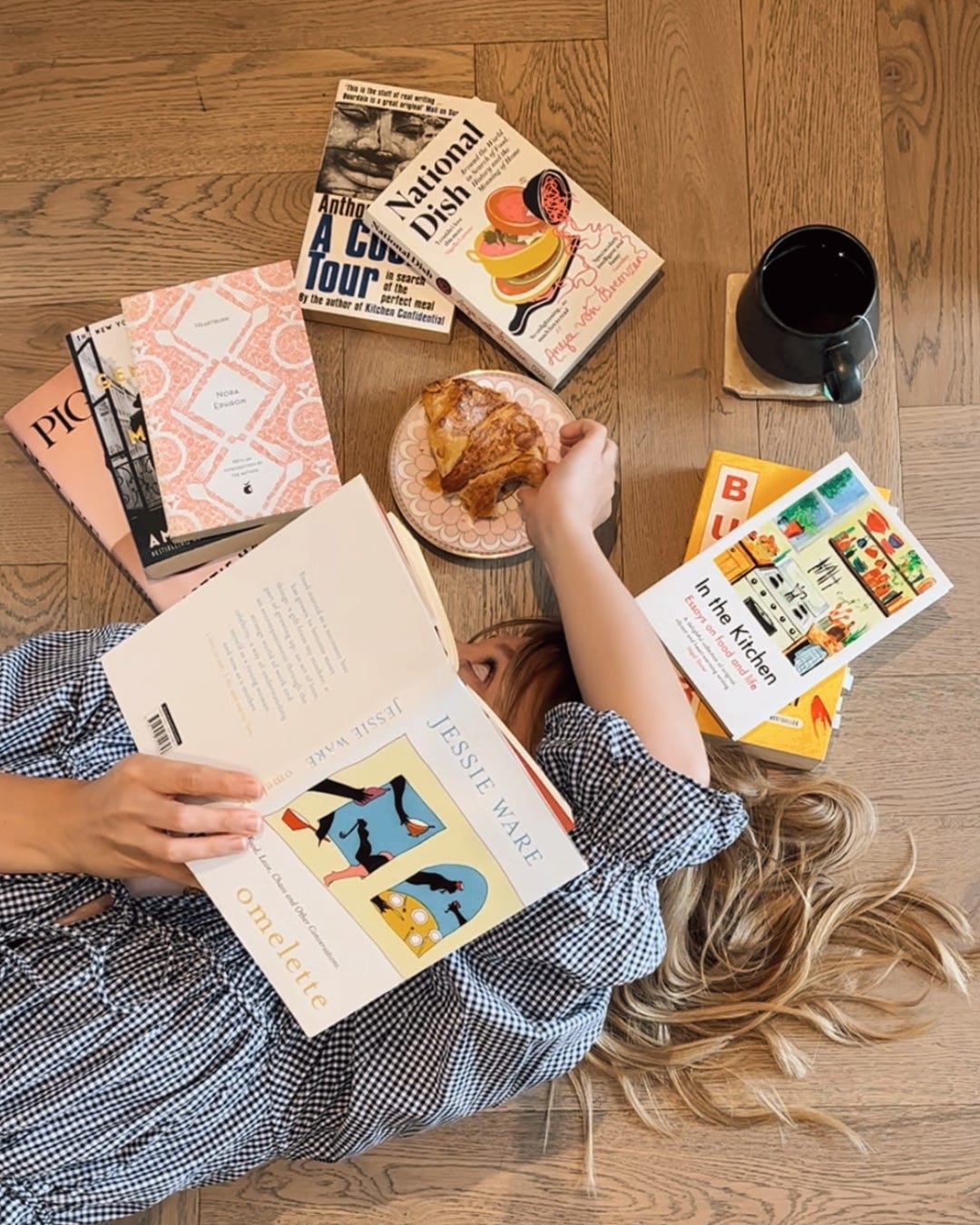
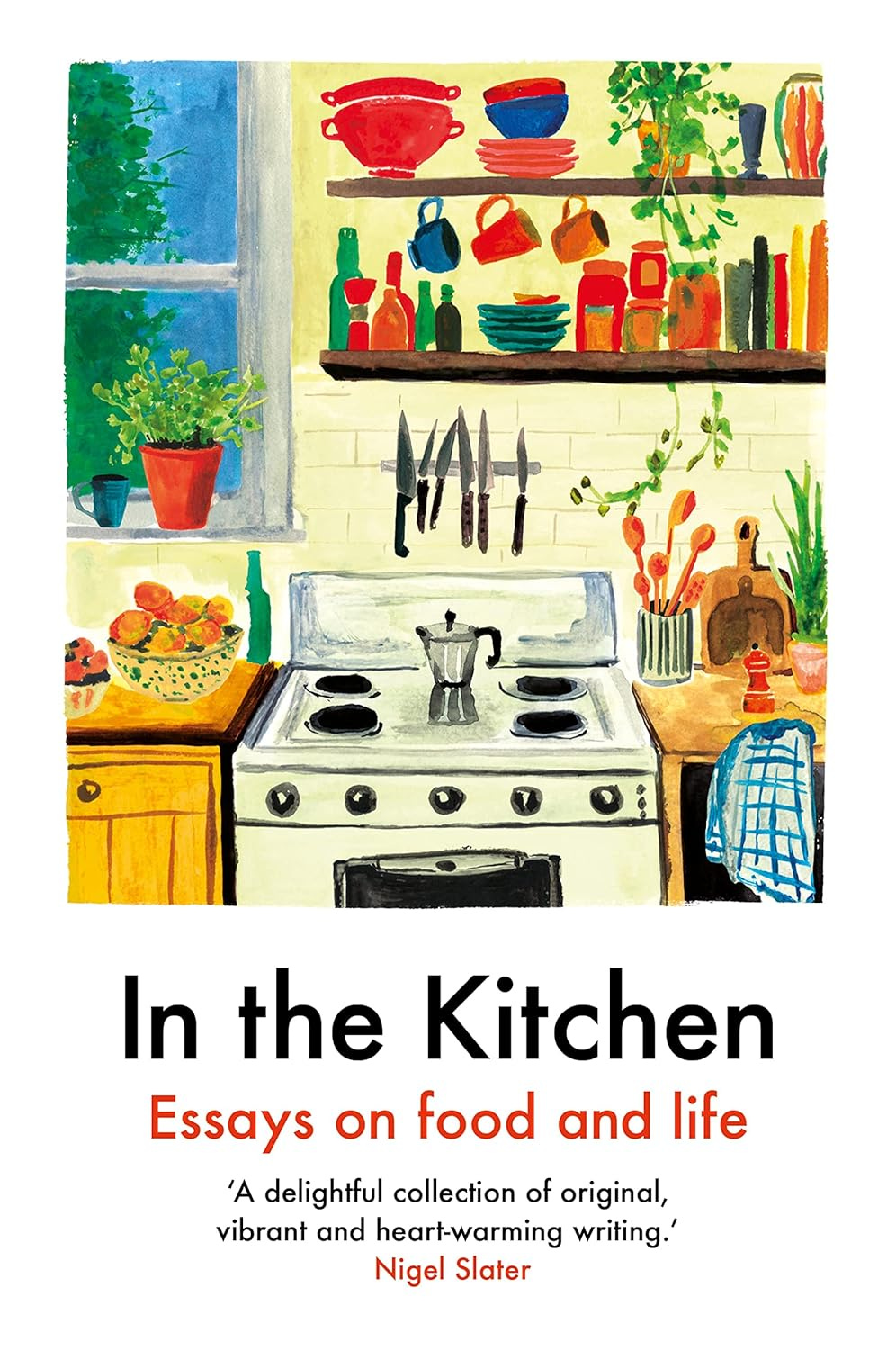
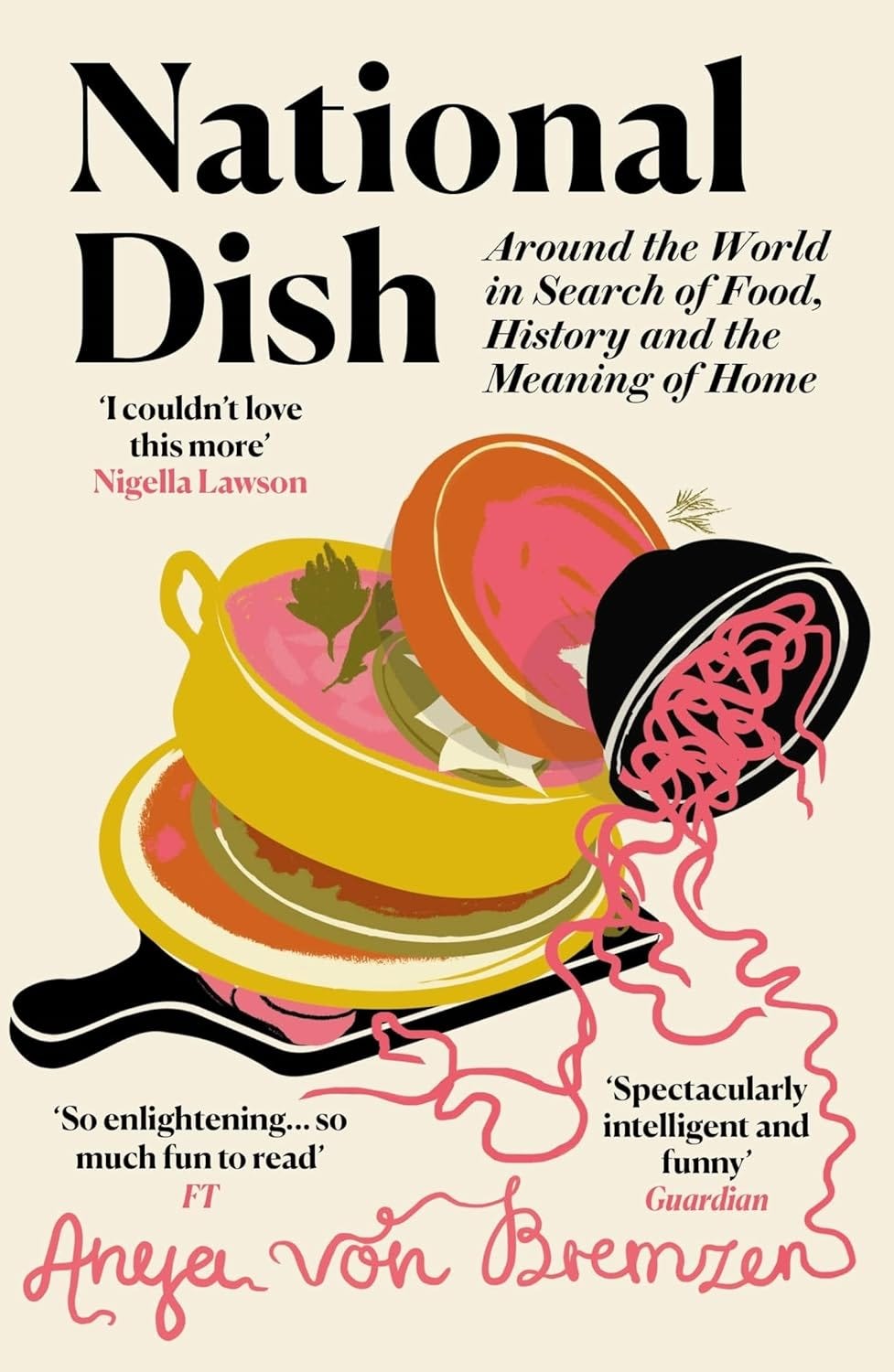
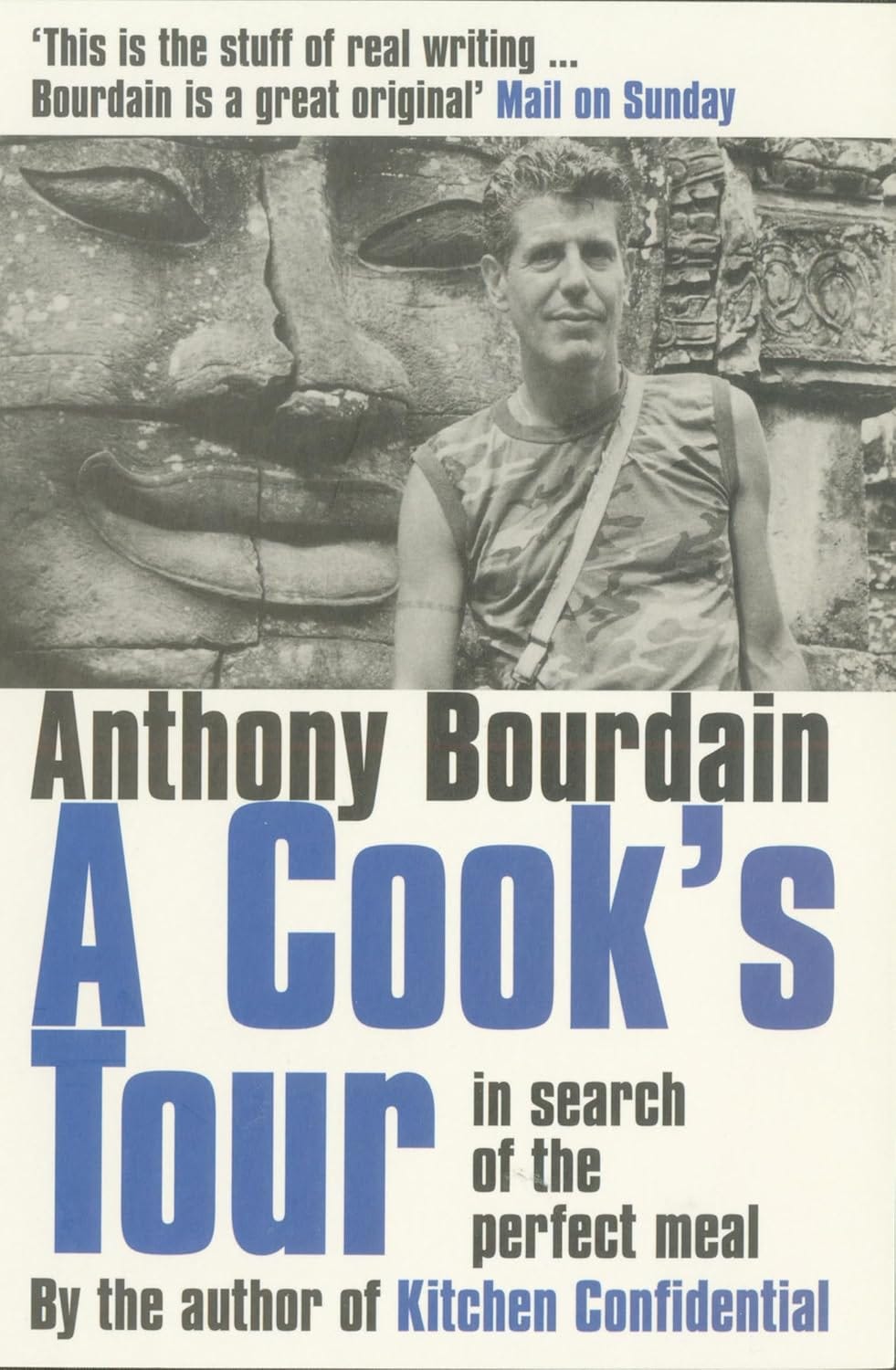
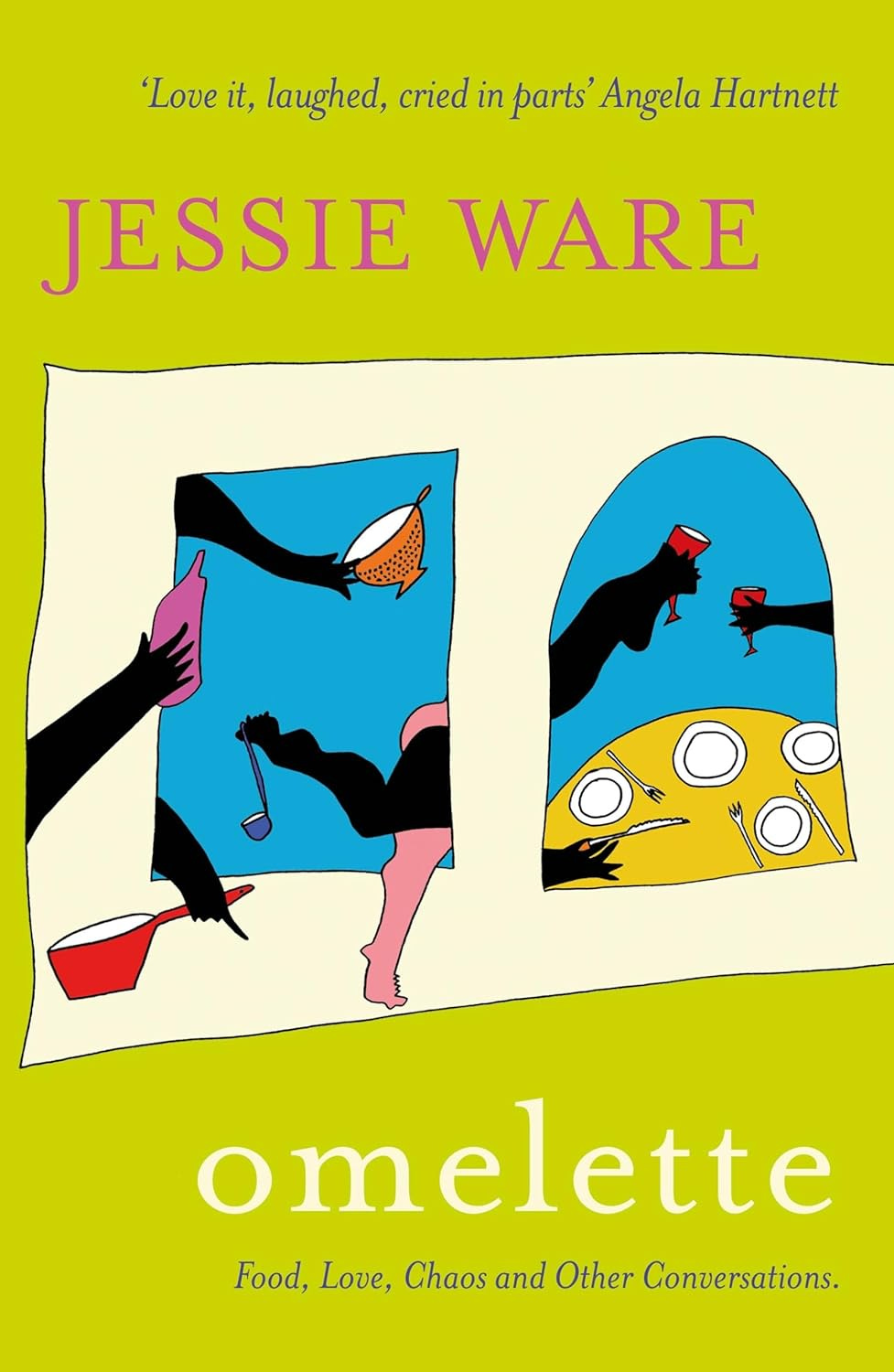
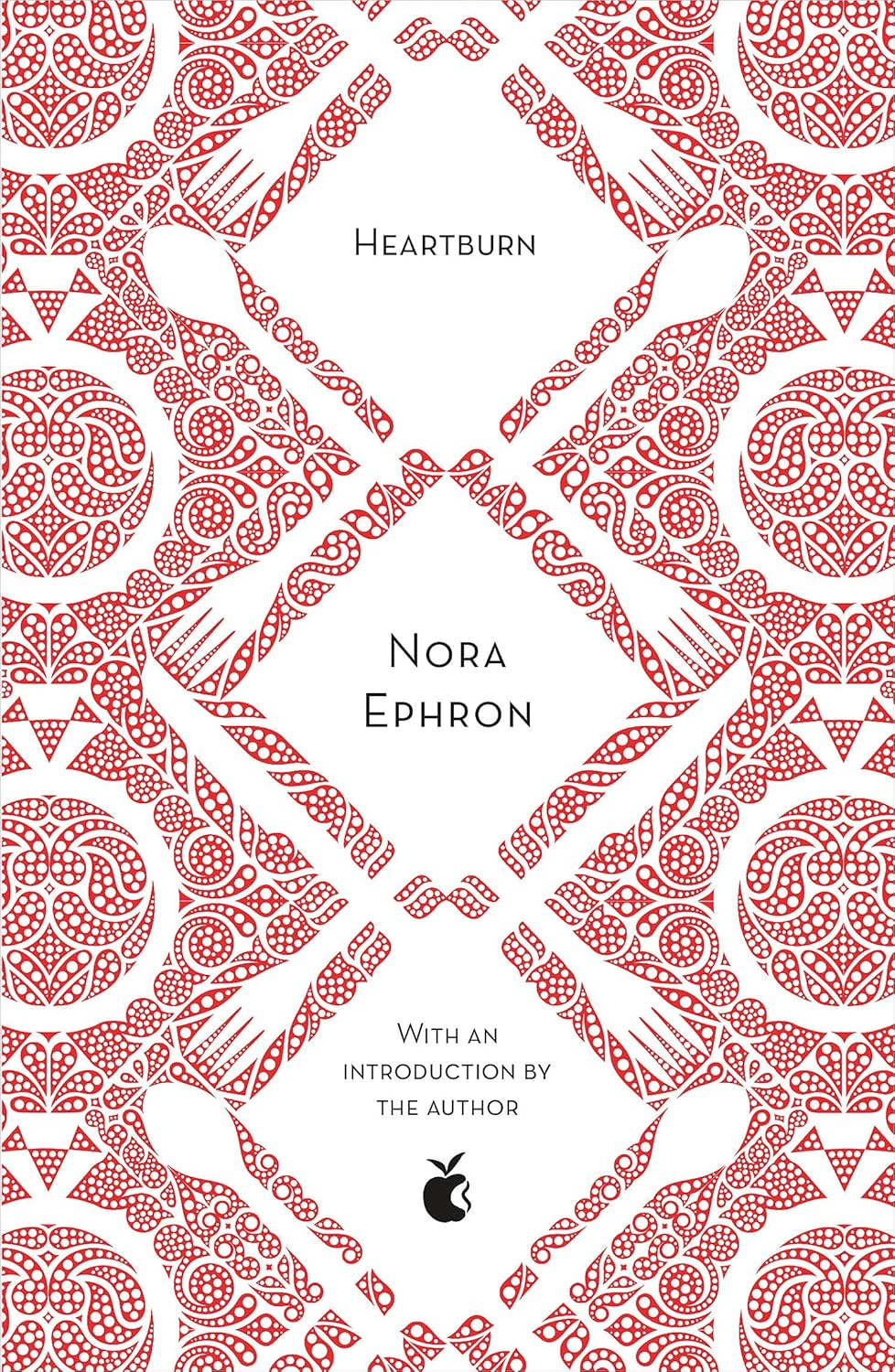
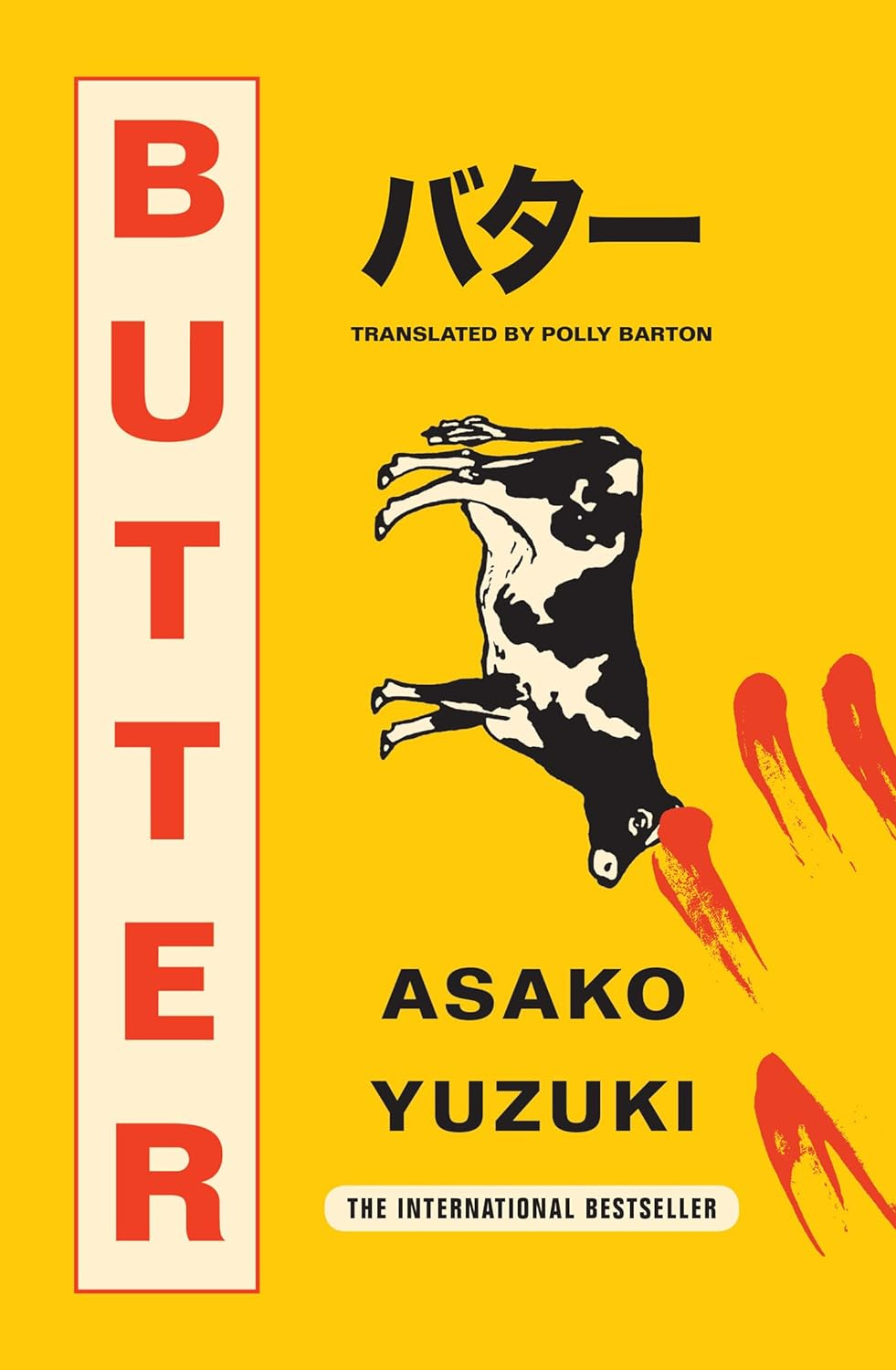
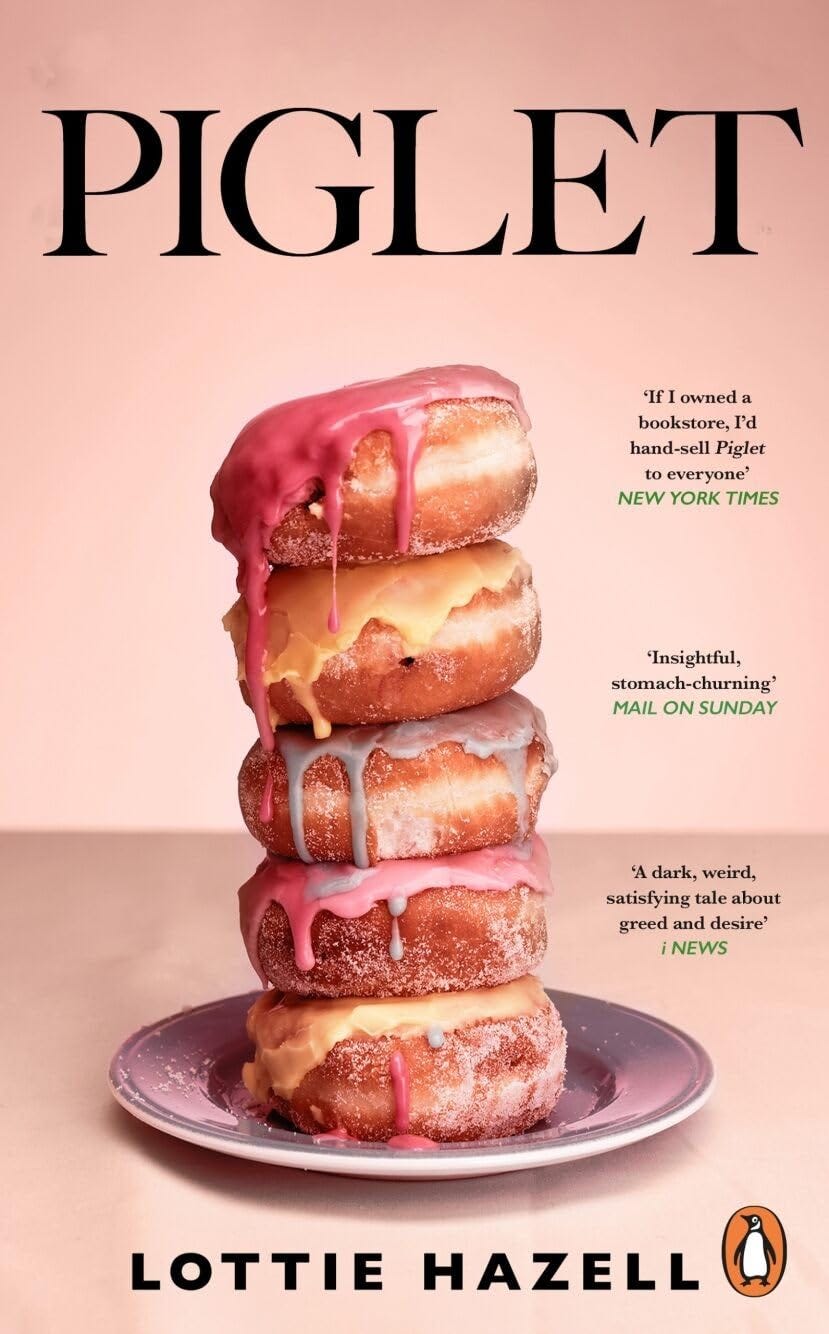
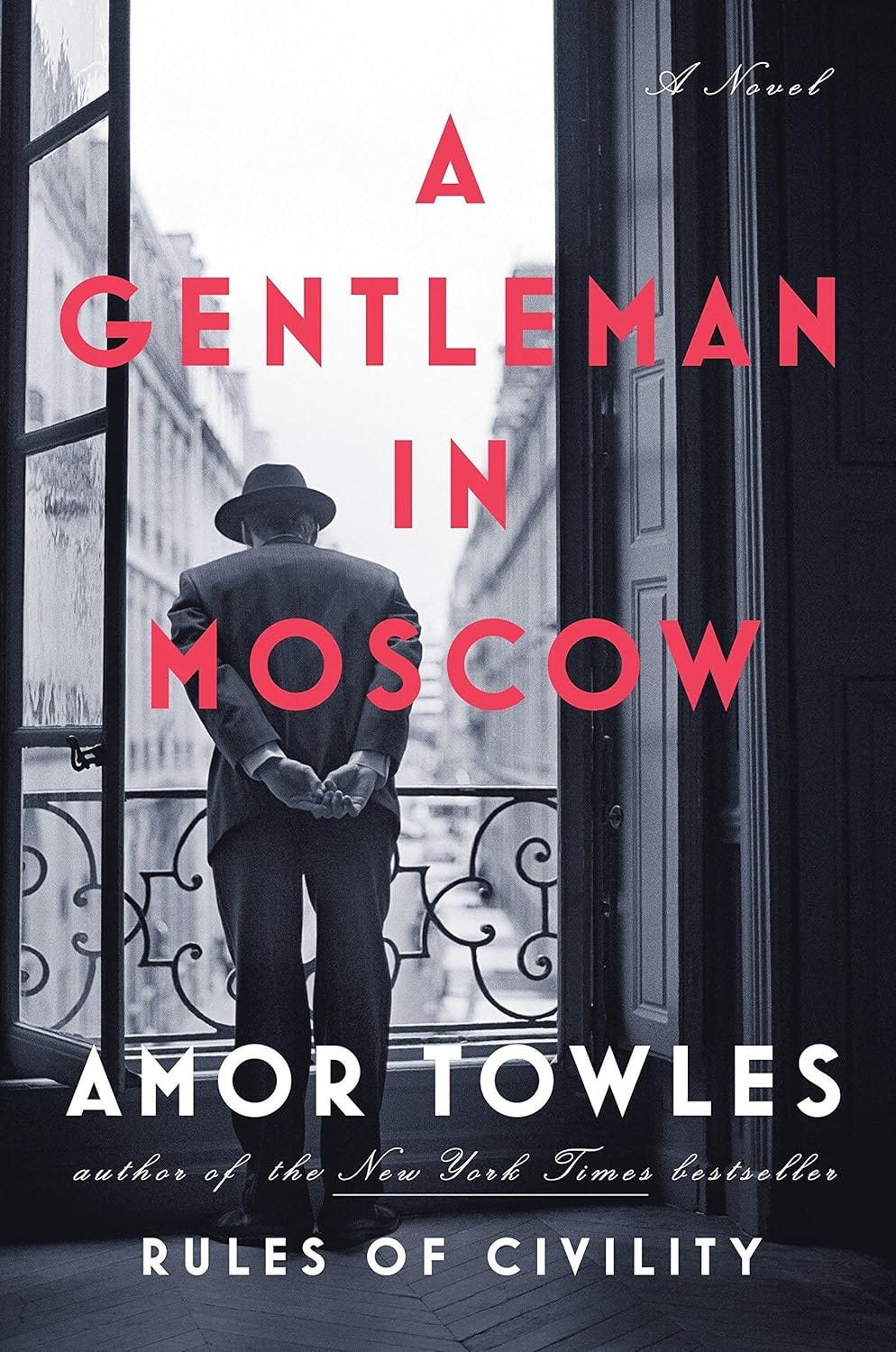
Reading this has made me ridiculously hungry! I've always forced myself to like capers. I still do not like capers. You've reminded me that I need to read the Anthony Bourdain book. Kitchen Confidential is one of my favourite books of all time but I haven't read A Cook's Tour, which is insane! Have you got a copy of The Silver Spoon? It's a revered Italian recipe book. I've never made anything from it but I loved to look through it and salivate.